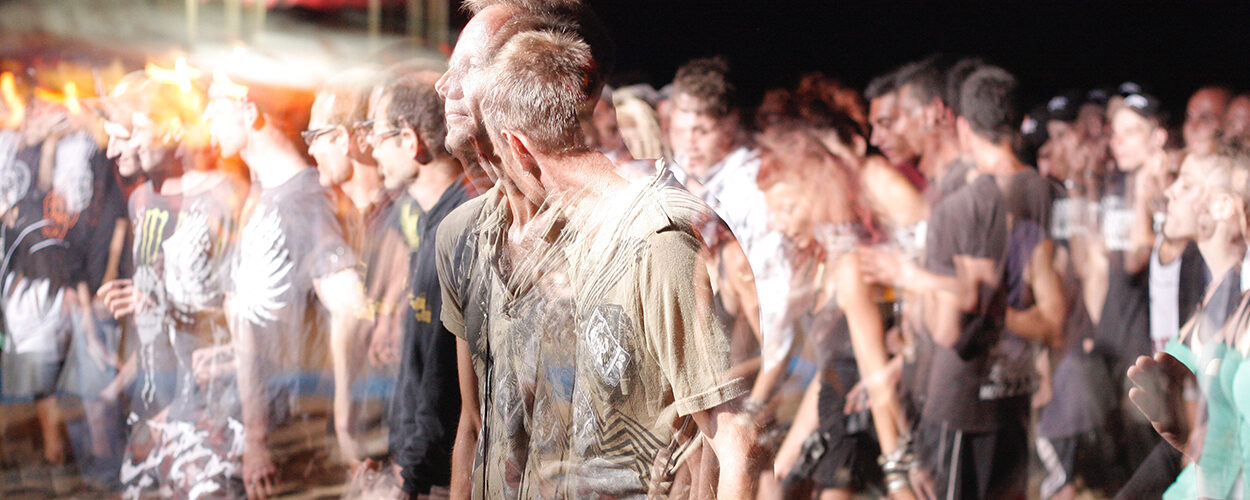This website uses cookies so that we can provide you with the best user experience possible. Cookie information is stored in your browser and performs functions such as recognising you when you return to our website and helping our team to understand which sections of the website you find most interesting and useful.
Business News Legal Live Business
Industry criticises government u-turn on drug testing at festivals
By Chris Cooke | Published on Friday 16 June 2023

Festival promoters have criticised a move by the UK government’s Home Office that could hinder efforts at major music events this summer to test confiscated illegal drugs in order to identify and communicate specific risks posed by substances that are in circulation.
Last weekend, Manchester’s Parklife festival was not able to undertake any such testing because it was told that a specific licence from the Home Office was now required, whereas previously drug testing was undertaken through agreement with the local police force.
A number of festivals in various countries now have some kind of drug testing system in operation. Depending on relevant laws and the position of local authorities, in some cases festival-goers can hand over drugs to testers directly and get information about the substances they have bought.
In other cases, people provide drugs anonymously via dump bins or the tests are carried out on drugs confiscated by security and law enforcement.
In those latter cases, if testing identifies specific issues with substances that could pose heightened risk to those consuming them, that information is pushed out through social media, and provided to police and on-site medical personnel.
At Parklife, the testing is done on confiscated drugs. The festival has undertaken testing of this kind since 2014, working with the specialists at drug testing charity The Loop and Greater Manchester Police. But this year the testing couldn’t go ahead because of the Home Office insisting it now needs to license such activities.
That insistence poses challenges for other festivals too. It can take three months for such licences to be issued and the application process can reportedly cost over £3000.
Plus, according to sources who spoke to The Guardian, Home Office officials usually want to inspect the premises where any drug testing will take place weeks in advance, but at festivals the testing is done in temporary cabins or tents that are put in place just days before the festival kicks off.
Parklife founder Sacha Lord says that the Home Office’s new position on licensing drug testing activities will put people at risk. “Drug testing onsite has been an essential part of the work we do, with the support of Greater Manchester Police, to keep festival-goers safe”, he explains.
“This move is a disappointing, senseless u-turn of government policy that puts people at risk”, he adds. “This huge misstep from the Home Office could set a potentially dangerous precedent for the summer’s festival season. We call for an immediate reversal of this decision so that organisers can continue to prioritise the safety of festival-goers”.
Those concerns are echoed by the MD of Live Nation’s Festival Republic, Melvin Benn, who tells The Guardian that what happened at Parklife is “extremely worrying for everyone in the industry, and even more importantly festival-goers. If festival organisers fear their safeguarding measures will be pulled at the eleventh hour, then how can we guarantee the wellbeing of our guests?”
But a spokesperson for the government was adamant that “anyone interested in undertaking lawful activities involving the possession, supply or production of controlled drugs, including those who wish to provide drug testing services, need to apply for a Home Office licence”.
“Festival organisers in consultation with local partners are responsible for decisions relating to drug testing at festivals”, they add. “We will continue an open dialogue with prospective licensees throughout the festival season”.





